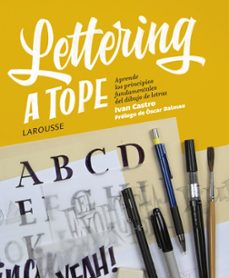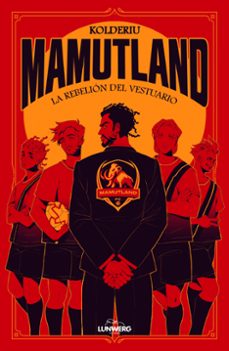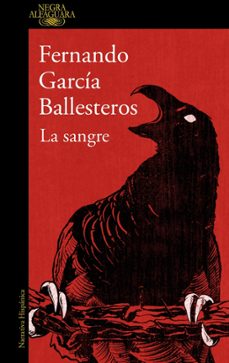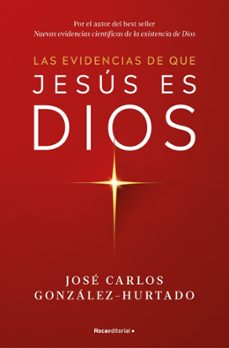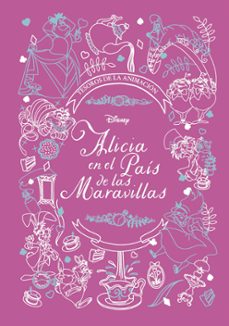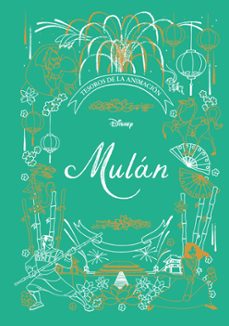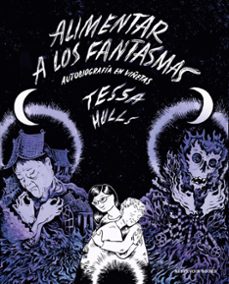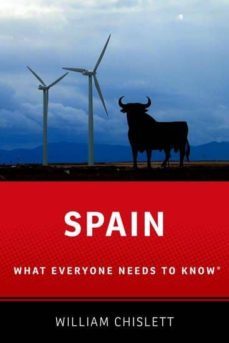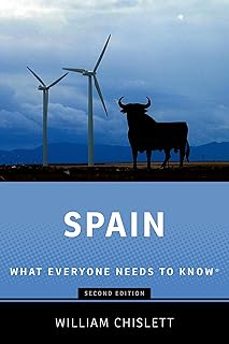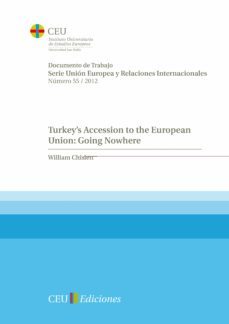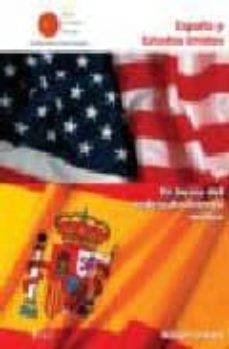William Chislett
William Chislett (Oxford, 1951) es investigador sénior asociado del Real Instituto Elcano en Madrid. Fue corresponsal de The Times de Londres en Madrid durante la Transición española entre 1975 y 1978. Cambió esa corresponsalía por la de Ciudad de México para el Financial Times entre 1978 y 1984, desde la que cubría México, América Central y Cuba. Regresó definitivamente a Madrid en 1986.
Ha escrito veinte libros. El Real Instituto Elcano publicó, entre 2002 y 2016, cuatro de ellos, que trataban sobre España. Es responsable y redactor de Inside Spain, la sección mensual sobre nuestro país del Boletín/Newsletter del Real Instituto Elcano.En 2007 fue uno de los autores que colaboró en el libro publicado por la Presidencia alemana de la Unión Europea para conmemorar el 50.º aniversario del Tratado de Roma. La Fundación Transición Política Española publicó en 2011 su documento de trabajo sobre la prensa extranjera durante la Transición española y escribe cada año el artículo sobre España del Annual Register. Ha sido visiting scholar en la Universidad Bilkent (Ankara) y en el Centro Rey Juan Carlos I de España de la Universidad de Nueva York y ha dictado conferencias en las universidades de Oxford, Princeton, Harvard, Chicago, Williams College, Georgetown, el Trinity College de Dublín y la London School of Economics.
En 2018 comisarió la exposición sobre el escritor exiliado Arturo Barea en el Instituto Cervantes de Madrid. Escribe en los diarios El País y ABC. Está casado y tiene dos hijos.
Recibe novedades de WILLIAM CHISLETT directamente en tu email
Del 1 al 4 de 4
Del 1 al 4 de 4

